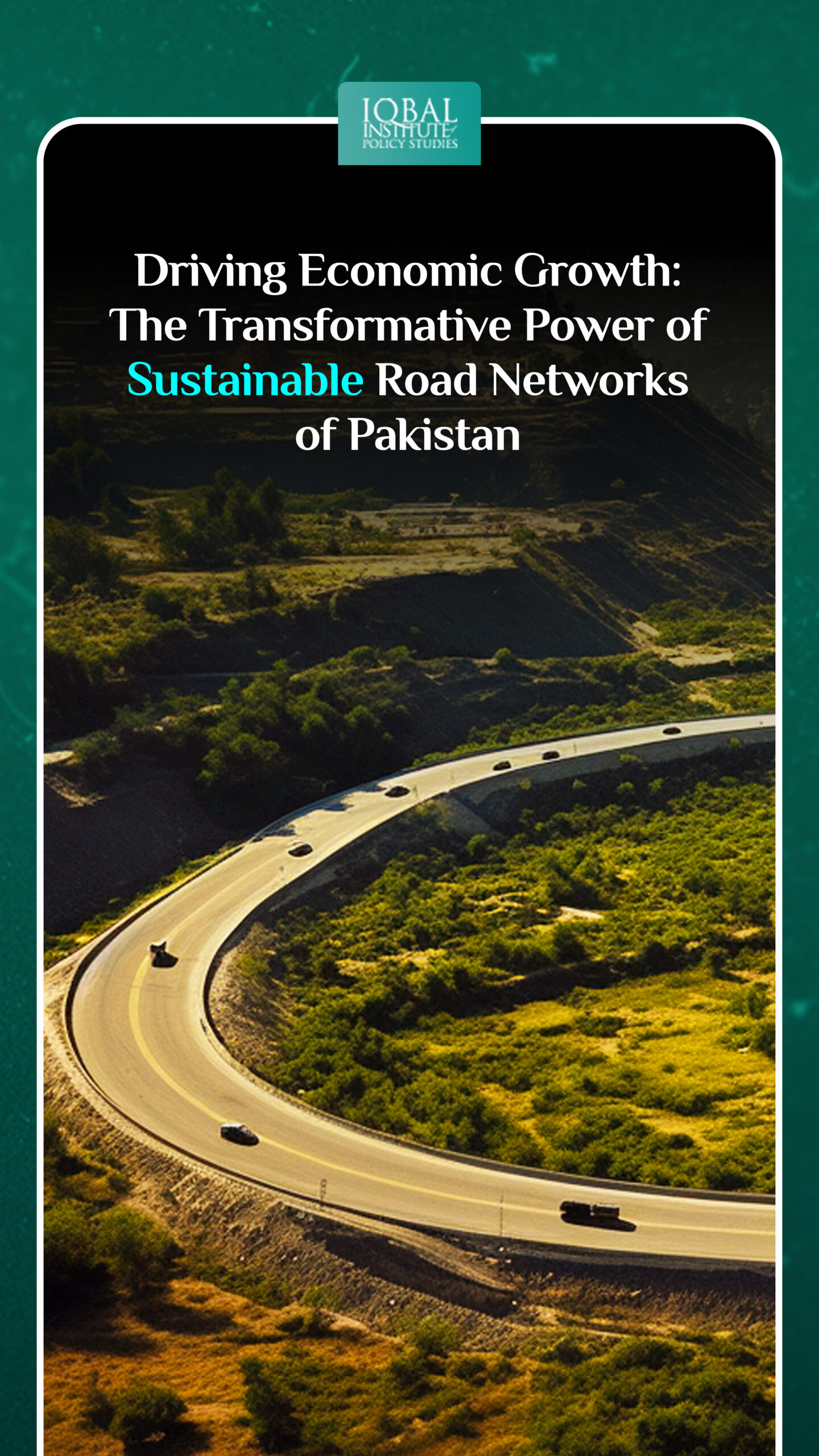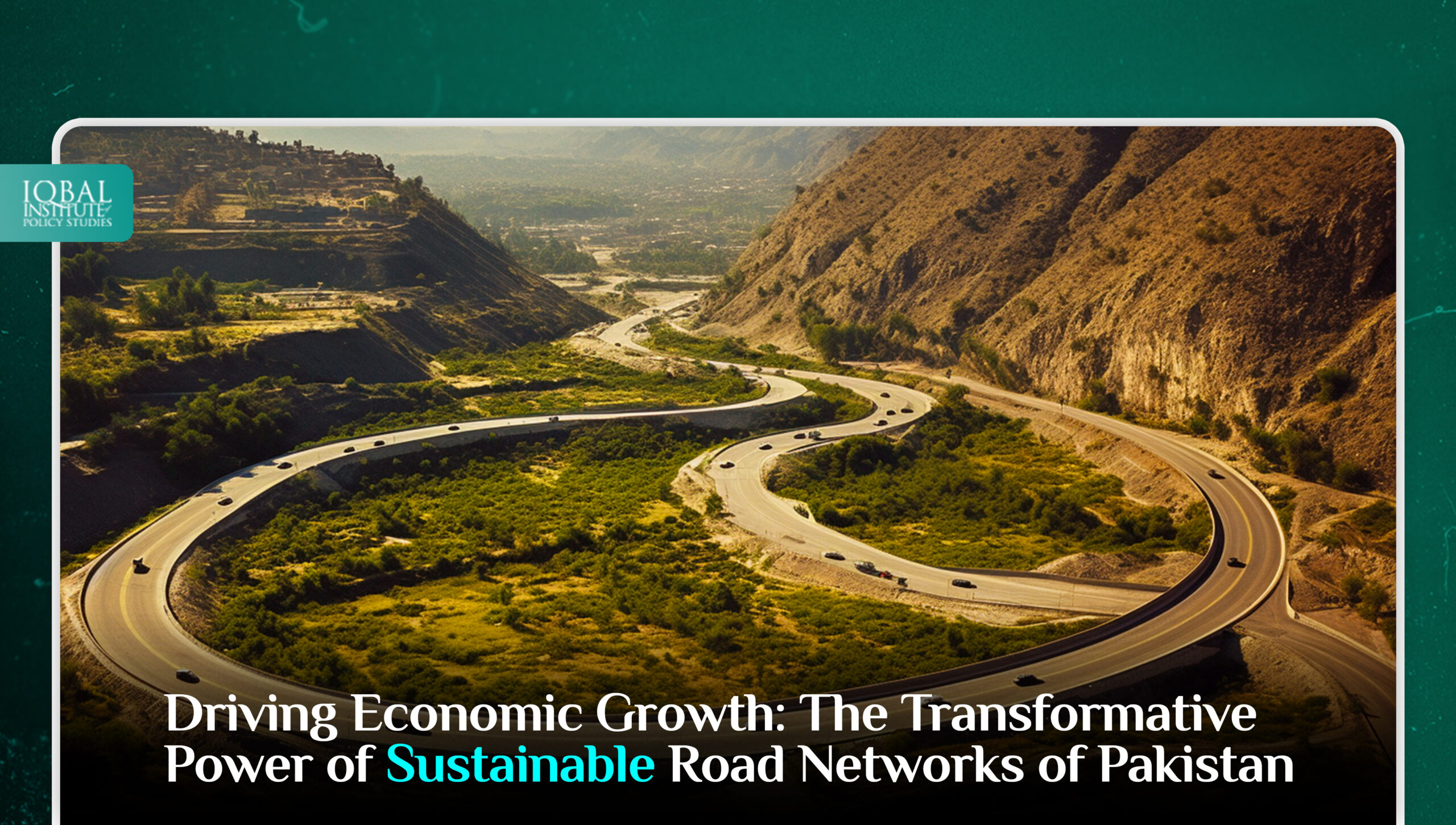Pakistan, a country steeped in history and culture, boasts abundant natural resources and a diverse landscape that offers great potential for economic development. To harness this potential and drive progress, one critical factor stands out: establishing a sustainable road network. A comprehensive and well-maintained road infrastructure can serve as a powerful engine for economic growth, linking regions, boosting trade, creating employment opportunities, and fostering balanced regional development. This extensive blog will delve into the myriad ways a sustainable road network can positively impact Pakistan’s economy, laying the groundwork for a prosperous and sustainable future.
Enhanced Connectivity: The Key to Prosperity
At the heart of economic development lies connectivity. A sustainable road network seamlessly connects rural and urban areas, provinces, and neighboring countries. By improving connectivity, the movement of goods, services, and people becomes more efficient, effectively reducing transportation costs and time. The seamless flow of goods and services across regions stimulates trade and economic activity, providing businesses with broader access to markets, which, in turn, encourages them to expand their operations and reach new customers. As trade flourishes, Pakistan’s economy becomes more integrated into the global marketplace, leading to increased competitiveness on an international scale.
A Path to Improved Trade and Commerce
A robust road network is a lifeline for trade and commerce. It acts as a conduit for businesses to transport their products swiftly and cost-effectively, resulting in better inventory management, increased productivity, and reduced operational costs. Such a road network would be a game-changer for Pakistan, a nation looking to bolster its economic position. By streamlining the movement of goods, a sustainable road network creates an environment conducive to attracting foreign investment, further driving economic growth and diversification.
Fueling Job Creation and Alleviating Poverty
The construction and maintenance of a sustainable road network create a vast array of job opportunities, ranging from laborers to skilled engineers. These job opportunities are crucial for both rural and urban populations, helping reduce unemployment rates and alleviate poverty. Additionally, as completed roads open up new avenues for businesses to set up shop, employment opportunities multiply, creating a ripple effect of economic progress that uplifts communities across the country.
Tourism and Hospitality: A Gateway to Economic Growth
Pakistan’s breathtaking landscapes, historical landmarks, and rich cultural heritage make it a treasure trove for tourism. A sustainable road network can unlock the potential of these tourist attractions by improving accessibility to remote areas, pristine valleys, and ancient sites. As domestic and international tourists flock to these destinations, the tourism and hospitality industry will witness a surge in growth. This, in turn, generates revenue, creates jobs, and stimulates economic activity, ultimately supporting local economies and fostering sustainable development in tourist-centric regions.
Empowering Agriculture and Rural Development
A reliable road network plays a pivotal role in the agricultural sector, the backbone of Pakistan’s economy. Farmers can efficiently transport their produce to markets, ensuring that perishable goods reach consumers on time, reducing post-harvest losses. Moreover, enhanced access to markets and agricultural inputs can encourage farmers to adopt modern farming practices, increasing agricultural productivity and higher income levels. A sustainable road network strengthens rural development by empowering the agriculture sector, contributing to a more inclusive and balanced economic growth trajectory.
Industrial Growth and Attracting Foreign Investment
With improved transportation infrastructure, Pakistan can unlock new opportunities for industrial growth and attract foreign investment. A well-connected road network facilitates the movement of raw materials and finished products, providing industries better access to resources and markets. Consequently, manufacturing and industrial centers can flourish, creating jobs and increasing economic activity. Additionally, multinational companies are more likely to consider Pakistan an attractive investment destination when they see a reliable transportation infrastructure.
Bridging Regional Disparities
Pakistan’s vast geographical expanse harbors regional disparities in development and access to opportunities. A sustainable road network offers a potential solution to bridge this gap. More balanced regional development can be achieved by connecting remote and underdeveloped areas with major economic centers. This inclusivity ensures that the benefits of economic growth are distributed equitably, creating a sense of shared prosperity among different regions.
Export Facilitation: The Road to Global Markets
An efficient road network is indispensable for Pakistan to boost its export capabilities. A sustainable road network reduces lead times and transportation costs by streamlining transportation to ports and logistics hubs, making Pakistani products more competitive in the international market. This, in turn, enhances Pakistan’s export potential and strengthens its position as a global player in trade and commerce.
Conclusion:
A sustainable road network represents a transformative force that can revolutionize Pakistan’s economic landscape. Such a network becomes the bedrock of economic growth and prosperity through enhanced connectivity, improved trade and commerce, job creation, and regional development. By investing in constructing and maintaining sustainable road infrastructure, Pakistan can pave the way for a brighter and more sustainable future. As we move forward, it is crucial for the government and relevant stakeholders to prioritize the development of a comprehensive road network that aligns with environmental and social considerations, ensuring that economic progress goes hand in hand with sustainability and inclusivity. With a shared vision and a commitment to building a sustainable road network, Pakistan can drive economic growth, uplift communities, and pave the path to a more prosperous and resilient nation.
This article is written by Radma Nouman. Radma is a research analyst at the Iqbal Institute of Policy Studies (IIPS).



Leave a Reply